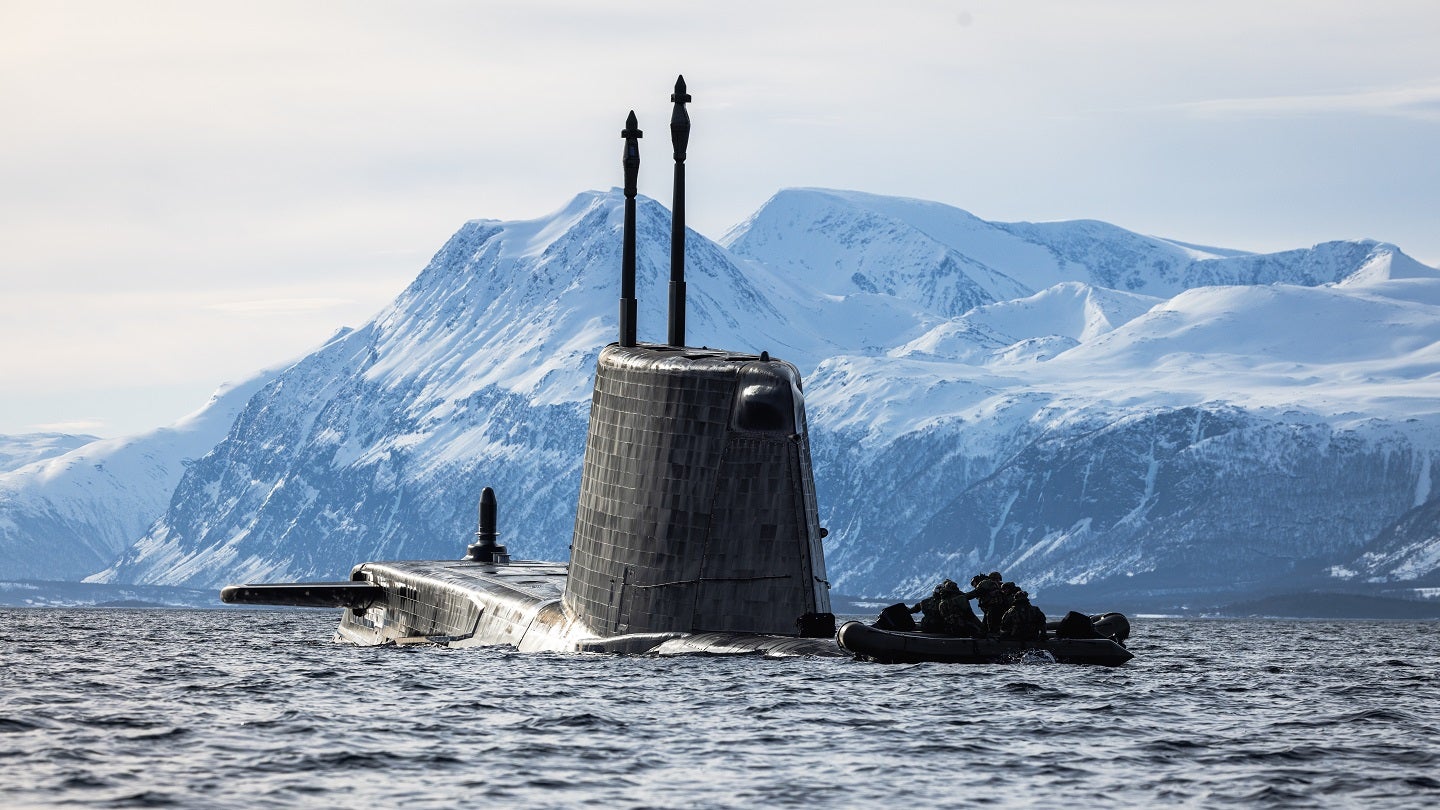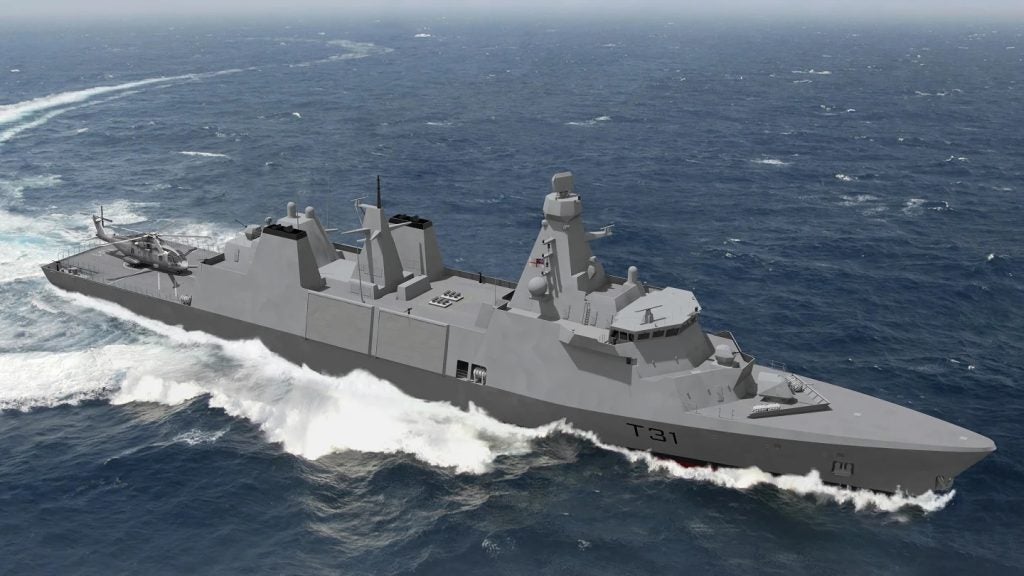
As part of the UK Royal Navy’s Project Selborne training programme, UK-based business solutions company Capita has awarded Metaverse VR a contract for the interactive 3D Walkthrough training system (i3DWT), intended to help modernise UK submarine qualification training.
According to a 31 May release, the use of immersive technology is at the forefront of the solution, which also provides opportunities to integrate, expand, or develop the system for other submarine types currently in service or due to be introduced.
How well do you really know your competitors?
Access the most comprehensive Company Profiles on the market, powered by GlobalData. Save hours of research. Gain competitive edge.

Thank you!
Your download email will arrive shortly
Not ready to buy yet? Download a free sample
We are confident about the unique quality of our Company Profiles. However, we want you to make the most beneficial decision for your business, so we offer a free sample that you can download by submitting the below form
By GlobalDataDesigned for classroom-based training at HMNB Clyde, the i3DWT will be able to operate in either free-play mode for orientation around the platform, or training mode which will include interactive menus for drills, activities, and processes.
Free play will allow a user to move about the platform, interacting with any specified entity that has animation without menus or instructions for immersive platform discovery.
Trainees will also be able to run emergency drills in VR with the system, and it will be capable of replay through a relay screen or projector for instructors and other audiences to see the same environment as the trainee, allowing for individual and collective training.
The UK Ministry of Defence awarded its Project Selborne contract to an industry consortium led by Capita and including Raytheon UK, Elbit Systems UK and Fujitsu in December 2020, which would begin the process of bringing together contractor-provided legacy contracts and in-house service provision, into a single arrangement delivering all levels of Royal Navy personnel training.
Submarine capability key to Royal Navy
The UK Royal Navy operates three classes of submarine at present: a single remaining Trafalgar-class nuclear-powered attack boat (SSN); four Vanguard-class nuclear-powered ballistic missile submarines (SSBN); and five Astute-class SSNs. The single Trafalgar-class submarine, HMS Triumph, is expected to be removed from service in the 2024-2025 timeframe, as additional Astute boats come online.
In addition, the UK is developing a new class of SSBN, dubbed the Dreadnought class, and recently announced the intention to develop the AUKUS SSN, which will be used by the UK Royal Navy and Royal Australian Navy from the late-2030s and early 2040s.
The UK’s submarine capability is among the most capable in the world, fielding a fully nuclear fleet of attack and ballistic missile boats. Despite the significant cost of manufacture and operation, the UK has continued to maintain a continuous-at-sea deterrent through its Vanguard SSBNs, which will be replaced by the Dreadnought class.
In addition, the Astute SSNs are considered some of the most advanced attack submarines in the world and form the foundation of the SUKUS SSN that will begin to equip the navies of the UK and Australia in the 2030s and 2040s.








